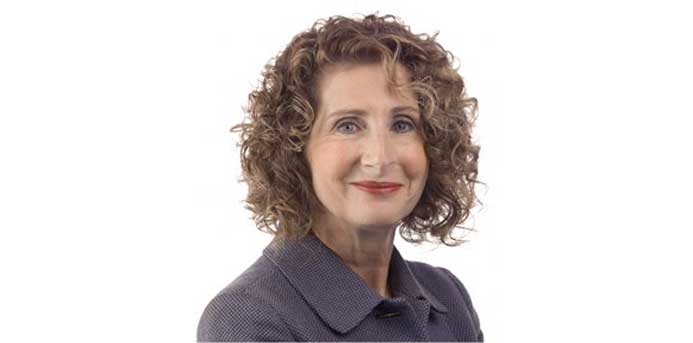If you’re worried you don’t have enough money to pay for your kid’s college education, Gail MarksJarvis can help.
MarksJarvis, the personal finance columnist at the Chicago Tribune, estimates that you’d need to save about $900 a month beginning the year your child is born to be able to pay for 100% of his or her college tuition at age 18. For most families, socking away that kind of cash is simply not realistic. But, that doesn’t mean you can’t send your child to college without saddling him or her with thousands of dollars of student loan debt.
Do the math
Before you spend another sleepless night worrying that you can’t afford to send your kids to college, do yourself a favor and visit http://apps.collegeboard.com/fincalc/efc_welcome.jsp. This website helps you estimate how much of your child’s tuition you will be expected to pay and what portion will be eligible for financial aid.
“You are allowed a certain amount for food, housing, retirement savings, etcetera, and the rest is supposed to go toward college,” MarksJarvis explains. “If they determine you can afford to spend $8,000 a year, whether you apply to a college that costs $60,000 a year or $6,000 a year, you will only be expected to pay $8,000 a year.”
Get a head start
MarksJarvis says there are many ways to reduce the “sticker price” of a college degree. The most effective way to find “free money” for education is to start early. That doesn’t mean that if you’re child is out of diapers it’s too late to start saving for college. MarksJarvis advises parents to start developing a game plan for financing college by the time your child is a sophomore in high school. If you wait until he or she is already filling out college applications, you may have missed some great opportunities.
Understand the game
Now you’d probably like to know where all of that free money for college is hiding. MarksJarvis says you may find it in places you wouldn’t expect. For example, she says not to assume that the university with the highest tuition is actually going to cost you the most.
“That is a mistake, because cheaper schools sometimes can’t afford to give grants,” MarksJarvis explains. “Expensive schools often have treasure chests of money available for grants because they want the families that only have $5,000 a year for college to come to their school because they want diversity. So, it might actually be cheaper to attend the more expensive school.”
Don’t put all your eggs in one basket
Universities award grants for a variety of reasons—good grades and high test scores being just two of them. MarksJarvis says students can also land grants for athletic, artistic or musical talents if the school is seeking to build its reputation in that area. A compelling history of volunteer work, a particular ethnic or religious background, or even a student’s gender can work in his or her favor when applying for grants. Since there’s no reliable way to know what qualities a particular university might be seeking in its students, MarksJarvis says to play the odds.
“Everyone who wants to get good financial aid should apply to multiple schools—I say at least 8,” she says. “You should apply to both private and public colleges, and you should definitely apply to the schools you would most want to attend.”
In addition to grants from specific universities, students can also apply for scholarships from outside organizations, like community groups and service organizations. Like grants, scholarship winners are chosen based on a multitude of factors, MarksJarvis says. She suggests visiting fastweb.com, a website that recommends scholarships based on students’ grades, test scores, extracurricular activities and demographic information.
Want to know more?
Would you like to learn more about MarksJarvis’ expert tips for finding money for college? If so, plan on attending her program called “Enough for College?” on February 23 at 7 p.m. at Wilmette Theatre located at 1122 Central Ave. Tickets cost $20 and include a reception with food and beverages. Tickets can be purchased by calling 312-222-3348 or visiting chicagotribune.com/tribnation.

